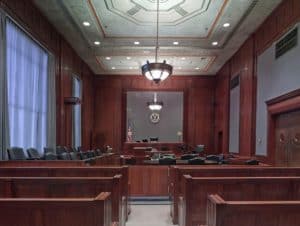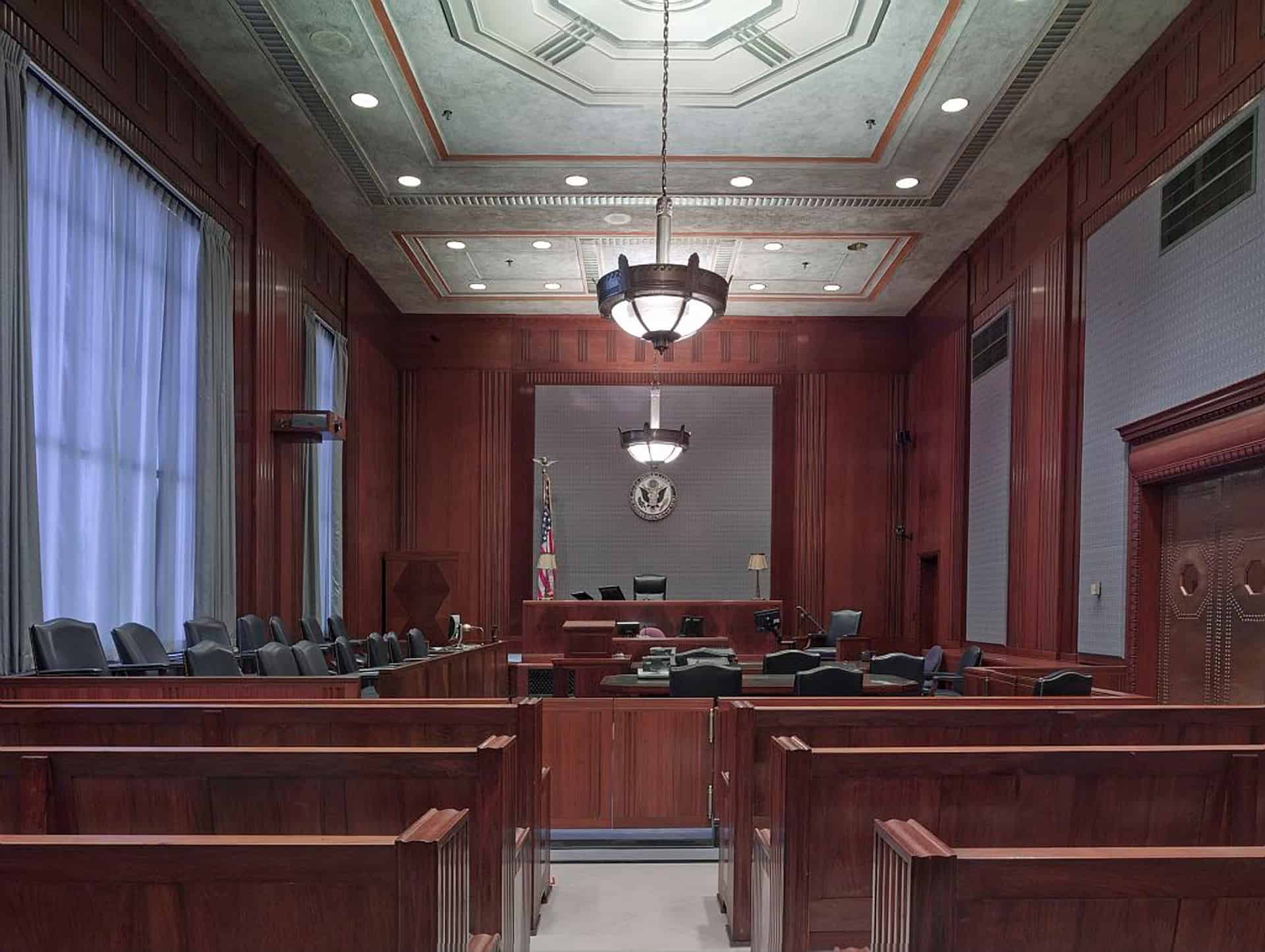Is bankruptcy in the Utah State Court system or the Federal Court system?

Most people assume that bankruptcy cases go through state courts, but in fact, all bankruptcy cases go through the federal courts. Bankruptcy is actually one of the few laws mentioned in the U.S. Constitution. The U.S. Code outlines bankruptcy as a matter that federal courts have exclusive jurisdiction over. However, in addition to being regulated by the Federal Rules of Bankruptcy Procedure, the bankruptcy process is also impacted by the local rules in each bankruptcy court. “The Bankruptcy Rules contain a set of official forms for use in bankruptcy cases. The Bankruptcy Code and Bankruptcy Rules (and local rules) set forth the formal legal procedures for dealing with the debt problems of individuals and businesses.
There is a bankruptcy court for each judicial district in the country. Every state has one or more of these judicial districts. In Utah there is currently only one judicial district. There are 90 bankruptcy districts across the country. The bankruptcy courts usually have their own clerk’s offices like we have here in Utah.
The court official with decision-making power over federal bankruptcy cases is the United States bankruptcy judge, a judicial officer of the United States district court. The bankruptcy judge may decide any matter connected with a bankruptcy case, such as eligibility to file or whether a debtor should receive a discharge of debts.
Many people find it confusing that they are not going to the federal courthouse for every event in the bankruptcy case. You need to understand that much of the bankruptcy process is administrative and is conducted away from the federal courthouse. In cases under chapters 7, 12, or 13, and sometimes in chapter 11 cases, this administrative process is carried out by a trustee who is appointed to oversee the case. These hearing can be in diverse locations like a post office, library or office building.
The debtor’s involvement with the bankruptcy judge is usually very limited. A typical chapter 7 debtor will never appear in court and will not see the bankruptcy judge unless an objection is raised in the case. A chapter 13 debtor may only have to appear before the bankruptcy judge at a plan confirmation hearing. Usually, the only formal proceeding at which a debtor must appear is the meeting of creditors that take place away from the federal courthouse. This meeting is informally called a “341 meeting” because section 341 of the Bankruptcy Code requires that the debtor attend this meeting so that creditors can question the debtor about debts and property.
Where bankruptcy cases held. Working with your Utah bankruptcy lawyer can help you prepare for these hearings. At the Law Office of Douglas Barrett we make sure that you will never walk into a hearing alone.
